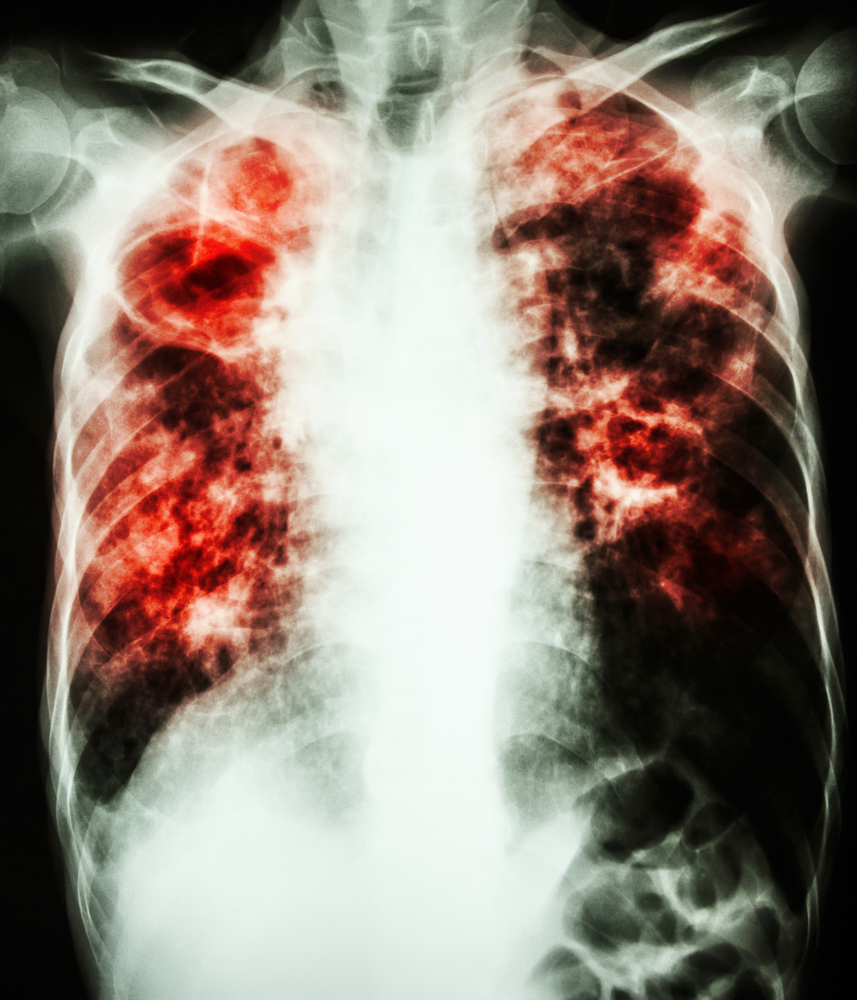A recent study reports a novel approach based on radiation therapy followed by surgery to treat patients with malignant pleural mesothelioma (MPM). The study, entitled “Accelerated hemithoracic radiation followed by extrapleural pneumonectomy for malignant pleural mesothelioma,” was presented at the 2015 meeting of the American Association For Thoracic Surgery.
MPM is a rare cancer often diagnosed in people exposed to asbestos fibers. The malignant cells develop in the protective lining of internal organs like the lungs, abdomen, and heart. While there is no cure for MPM, several therapeutic approaches exist to slow down cancer progression and extend patient survival, but they remain controversial.
In a previous Phase I study, the clinicians used a novel approach to treat MPM. Their approach consisted of exposing the tumors to accelerated radiation, using a method called induction hemithoracic intensity modulated radiation (IMRT) therapy, followed by surgical removal of the tumors in a process called extra pleural pneumonectomy (EPP), to allow the delivery of optimal radiation to the entire tumor bed in a short period of time. To prevent risks of inflammation (pneumonitis), since irradiated tumors becomes toxic, EPP was performed about one week after the IMRT radiation therapy.
In this prospective single-arm Phase II trial, initiated after the earlier trial demonstrated feasibility, 62 patients were selected according to certain criteria between November 2008 and October 2014. An additional six patients who did not fully meet the selection criteria were also granted access to the trial. All patients were first treated by radiation (25 Gy) in 5 daily fractions for about one week using IMRT, followed by surgical removal of the tumors. Additional chemotherapy was prescribed to some patients.
Among the 68 participants, two patients in the main group died after hospital discharge and one patient from the extended group died shortly after surgery, for an overall treatment-related mortality (grade 5 toxicity) of 4.8%. Other trial results found varying complications in 24 patients, like atrial fibrillation, empyema, and pulmonary emboli. The median survival for all patients was 36 months, with the longest survival recorded at 51 months and shortest at eight months. After a median follow-up at 36 months, disease-free survival reached 65% in patients with epithelial ypT3-4N0M0, and 43% in epithelial ypN+ patients. The cancer reappeared in 30 patients, predominantly in the chest and abdomen.
Overall, the researchers said, the protocol based on IMRT radiation followed by EPP surgery was relatively well-tolerated and “has become our preferred approach” for the treatment of patients with MPM.


